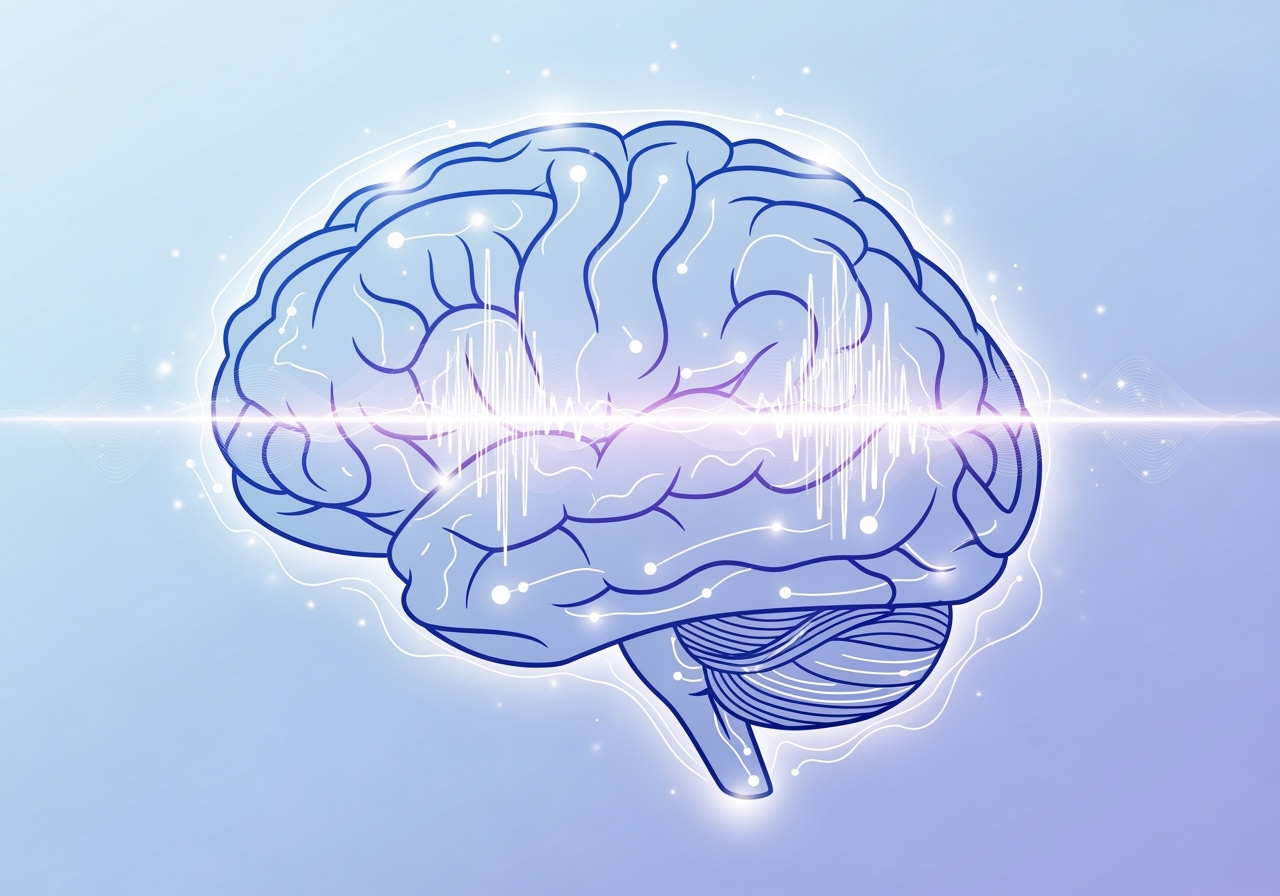Imagine reaching new heights in learning, performance, or emotional well-being—all by harnessing the science of your own mind, without medication or invasive procedures. Neurotechnology is quietly revolutionising theway you can manage stress, improve resilience, and break through personal limits. Whether you’re seeking personal growth, recovery from a setback, or simply want to function at your best, non-invasive neurotechnologies provide a powerful, accessible toolkit.
What is neurotechnology?
At its simplest, neurotechnology refers to tools and methods designed to interact with your brain’s natural processes. These innovations read, monitor, or help reshape neural activity, typically through sensors or gentlestimulation. Unlike drugs or surgery, non-invasive neurotechnologies work with what’s already there, helping you understand and optimise your unique mind.
Think of neurotechnology as a bridge between neuroscience and daily life. It leverages modern technology to promote greater self-awareness, enhance natural abilities, and support healing. At Octopus MindGym, we focus on non-invasive options so you can explore the benefits safely, at your own pace, and in a supportive environment.
How is neurotechnology used in everyday life?
You might be surprised to learn that neurotechnology is already making a difference for thousands of people worldwide. Here are some areas where these innovations shine:
- Stress Management: Neurofeedback platforms, such as neuroptimal, help your brain spot unhelpful patterns and adjust, making it easier to handle stress, boost resilience, and reduce anxiety.
- Performance Enhancement: Athletes and professionals use neurotechnology to sharpen focus, speed up reaction times, and overcome mental blocks.
- Deep Learning and Memory: Techniques that support neural plasticity can make it easier for you to retain new skills, absorb complex material, or find creative solutions to problems.
- Emotional Regulation: Programmes like the safe and sound protocol use gentle music and listening therapy to activate calming pathways in your nervous system, supporting better emotional balance.
- Recovery and Rehabilitation: Some neurotech options are used in recovery from trauma, brain injury, or neurological conditions, fostering gradual improvement.
If you’re curious about the broader field, you can explore more on our what is neurotechnology page.
Real-world examples: Neuroptimal and the Safe and Sound Protocol
To make things more concrete, let’s look at how two leading non-invasive neurotechnologies can support your goals.
Neuroptimal is a form of advanced neurofeedback, a brain training system that reads your brainwave activity through sensors placed on the scalp. As you relax and listen to music, the system provides real-time feedback,prompting your brain to ‘reset’ unhelpful habits. Over a series of sessions, you may notice improved sleep, calmer moods, clearer thinking, and greater energy to achieve what matters to you.
The Safe and Sound Protocol offers a different approach. Using specially filtered music, this programme helps regulate the ‘social engagement’ part of your nervous system. Many people find it reduces feelings of anxietyand social withdrawal, while enhancing connection and comfort in everyday situations. It’s particularly gentle and can be delivered in-person or safe and sound protocol online, making it accessible wherever you are.
Skills and benefits of using neurotechnology
Engaging with neurotechnology isn’t about becoming a scientist or a technician. Instead, these approaches encourage practical, everyday skills that you can apply right away:
- Self-Awareness: You become more attuned to your internal states, making it easier to notice stress before it becomes overwhelming.
- Emotional Flexibility: Gradually, you can find it easier to ‘reset’ after challenges or emotional upsets, rather than getting stuck.
- Resilience: Regular neurotech use can build overall resilience, helping you adapt to life’s big or small changes with greater ease.
- Focus and Presence: Whether in sport, work, or learning, you’ll be able to concentrate for longer, redirect attention quickly, and stay present.
Octopus MindGym offers structured programmes so you can build these skills in a supported, evidence-based way.
Who can benefit and what can you expect?
Neurotechnology can support a wide range of needs—from managing everyday stress to tackling more entrenched difficulties. You don’t have to identify as an ‘elite athlete’ or a high-powered executive to benefit. In fact, many clients start with small goals: sleeping better, improving relationships, or just feeling lighter in themselves.
You can expect an initial consultation to understand your needs, followed by a tailored programme of sessions. Most non-invasive systems are comfortable, gentle, and can be adapted to fit your schedule. Ongoing support means you’re never on this journey alone.
Taking the next step
Non-invasive neurotechnology presents an optimistic path to growth, healing, and greater daily fulfilment. By investing in these methods, you’re investing in your own adaptability and potential. The world of neurotech isexpanding rapidly, and you deserve a simple, safe route towards taking advantage of what’s possible.
If you’re ready to find out more, Octopus Psychology is here to walk alongside you. Explore our programmes or reach out for a conversation about how these tools could help you manage stress, unlock performance, anddeepen your learning in practical, life-changing ways.

